The District of Columbia City Council is a tried and true champion of renewable energy development. Over the past decade, it has extended and expanded the District’s Renewable Portfolio Standard and solar carve-out, cultivating the strongest SREC market in the country.
In 2008, the Council created the DC Sustainable Energy Utility (DCSEU) and the Sustainable Energy Trust Fund (SETF). The Council charges the DCSEU with increasing the District’s renewable energy generating capacity, especially among low-income households. But the DCSEU may face an uncertain future, due in large part to actions that may strip the utility of its main source of reliable funding.
Through the end of 2014, the DCSEU had installed 28 percent of the District’s renewable energy generation capacity. To accomplish this, it installed solar arrays on 105 low-income homes at no cost to the homeowner, relying heavily on the funding it received from the Sustainable Energy Trust Fund. But in passing the “Fiscal Year 2016 Budget Support Act of 2015” on for Mayoral approval last month, funds will be diverted from the SETF to the DC General Fund for the fifth time in seven years. The result will be the removal of over $5 million of ratepayer fees from solar development, potentially stifling local installers and costing low-income residents valuable income.
Where does the DCSEU get its funding?
Natural gas and electric utilities provide most of the SETF’s funding, but the law implies that utilities should recoup their contributions by imposing a small surcharge on ratepayers’ utility bills. That has been working since the law’s passage in 2008. But if this revenue is shifted from the SETF and instead to the District’s General Fund, ratepayers effectively pay extra taxes on their electricity and gas – taxes that are unlikely to be put toward renewable energy development.
What’s the good news?
DC’s Fiscal Year 2015 Budget re-upped the newer Renewable Energy Development Fund (REDF), which enables the DCSEU to continue pursuing its solar development goals in the District. The law mandates that Alternative Compliance Payments, a fee levied against utility companies that fail to meet the District’s renewable portfolio standard, provide the capital for the REDF.
Making solar affordable for everybody
Low-income households often spend a higher proportion of their income on electricity, making access to cost-saving solar photovoltaics especially important for low-income families. One product of the Renewable Energy Development Fund is the Solar Advantage Plus program. Here’s how it works: the DCSEU contracts six developers to install solar energy systems on low-income households, offering energy savings for customers and expanded opportunities for installers. Then, homeowners who receive panels through the program receive additional revenue by selling the Solar Renewable Energy Certificates (SRECs) that the system generates. Solar Advantage Plus and other programs like it will also help to expand the geographic diversity of residential solar installations, an outcome worth pursuing given the high concentration of solar installations in the District’s wealthier Northwestern quadrant.
Looking to the future
The siphoning of utility-imposed surcharges warrants concern from ratepayers and utilities alike. Under the current funding structure, both contribute more than their fair share to the District’s solar energy development efforts. By continuing to supply the DC General Fund with diverted SETF funds while also requiring Alternative Compliance Payments be sent to the REDF, the DC Council double-charges its utilities for investments that are not earmarked for renewable energy development. For now, the Council has at least secured short-term alternative funding for solar energy installations. However, with Alternative Compliance Payments and SREC prices set to decline in 2017, the future of low income solar in the District remains to be seen.
Published with permission from the original publication on Sol Systems Blog By Jeffrey Popkin.






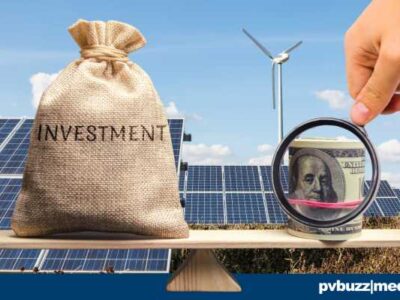
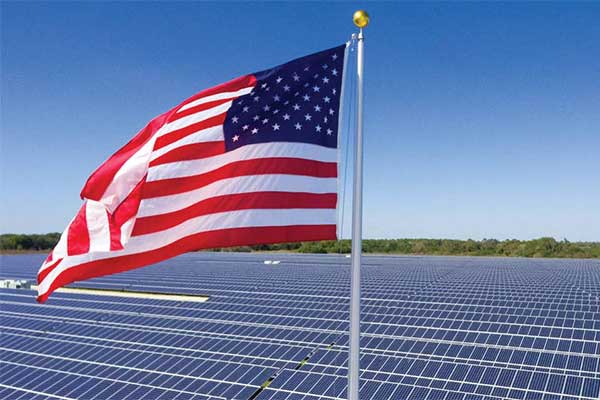

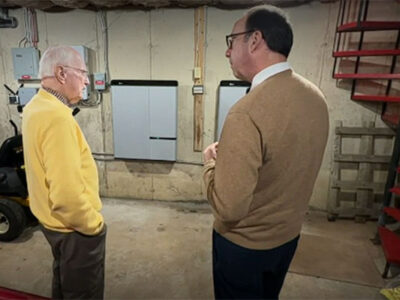
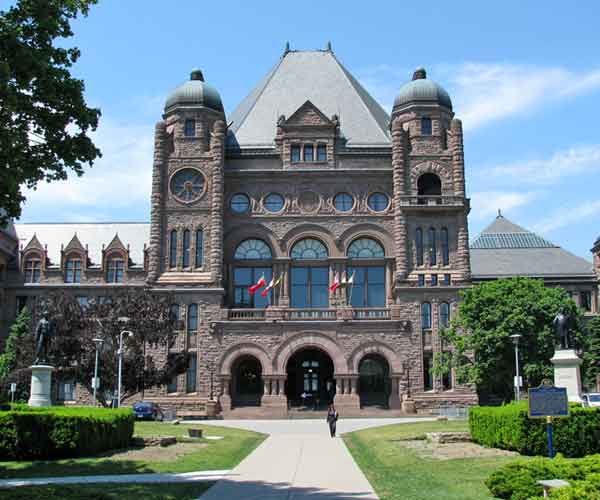
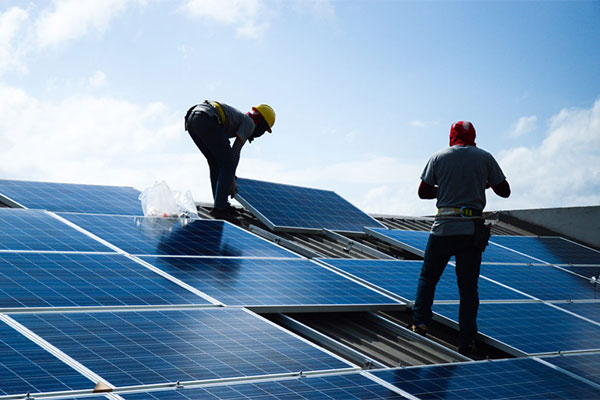
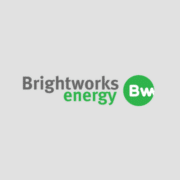
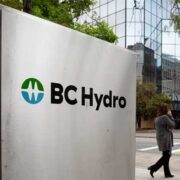
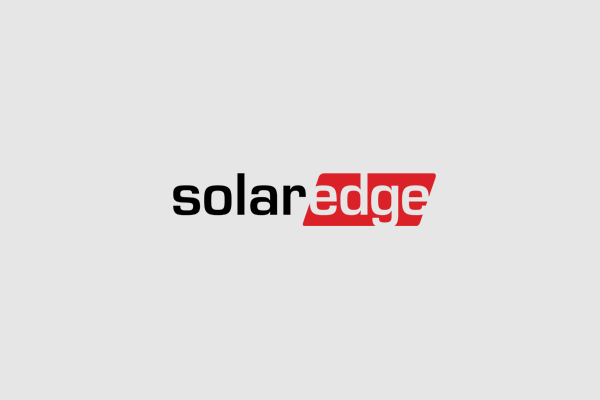

Comments